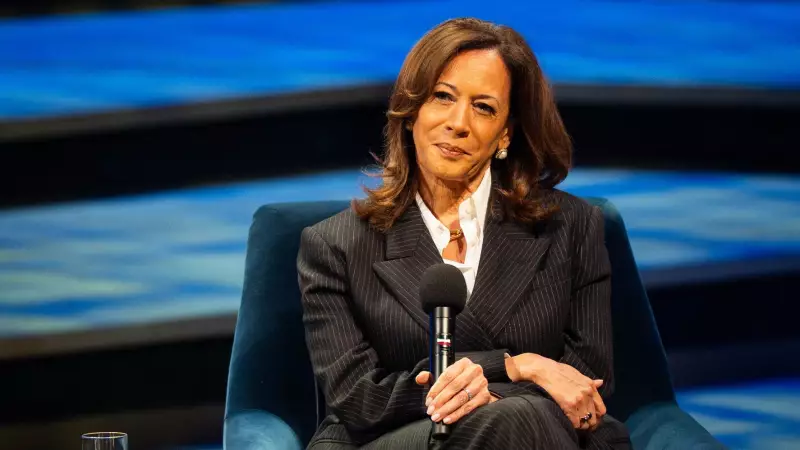
When Kamala Harris sharply challenged Joe Biden during a 2020 Democratic primary debate, few could have predicted they would become one of Washington's most consequential political partnerships. Yet today, their relationship stands as a testament to how political rivals can transform into essential governing allies.
The Turning Point: From Debate Stage to Running Mates
That memorable debate moment where Harris confronted Biden about busing and working with segregationist senators created immediate tension between the two campaigns. The exchange became one of the most viral moments of the primary season and temporarily boosted Harris's polling numbers.
What happened next, however, reveals much about both leaders' character and political pragmatism. Rather than letting the confrontation define their relationship, both camps worked to move beyond the heated exchange.
Building Bridges Behind the Scenes
According to sources close to both politicians, several factors contributed to the relationship's evolution:
- Shared commitment to defeating Donald Trump
- Mutual respect developed through private conversations
- Biden's appreciation for Harris's prosecutorial skills
- Harris's recognition of Biden's experience and relationships
The selection process for vice president became the crucible where their partnership truly formed. Biden's team conducted an extensive vetting process, while Harris demonstrated her team-playing capabilities and policy knowledge.
The Governing Partnership: Challenges and Triumphs
Since taking office, the Biden-Harris relationship has faced numerous tests, from the COVID-19 pandemic to economic recovery efforts and foreign policy challenges. Through these trials, their working relationship has strengthened and evolved.
"What we're seeing is a partnership that's grown more comfortable and effective over time," noted one White House insider. "They've found their rhythm in both public appearances and private decision-making."
Key Moments That Defined Their Alliance
Several public appearances have showcased the developing dynamic between the two leaders:
- Their joint victory speech in Wilmington, Delaware
- Collaborative events promoting the American Rescue Plan
- Coordinated messaging on voting rights and democracy protection
- United front on international diplomacy missions
The relationship hasn't been without its challenges. Early criticism about Harris's portfolio and responsibilities created external pressure, but both offices have worked to present a unified front.
What This Partnership Means for America's Future
The evolution of the Harris-Biden relationship carries significant implications for both the current administration and the future of the Democratic Party. Their ability to work effectively together strengthens the administration's hand in pursuing its agenda.
Perhaps most importantly, their partnership demonstrates that in today's polarized political climate, former competitors can come together to govern effectively. This model of political reconciliation and practical partnership offers a template for how diverse factions within a party can unite around shared goals.
As the administration continues to face complex challenges, the strength of this political marriage will likely play a crucial role in determining its success and legacy.





